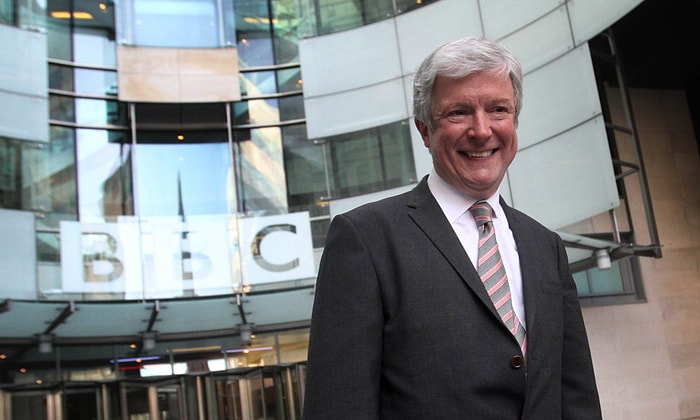 When the Second World War broke out the British Broadcasting Corporation wasn’t yet 20 years old. It’s place in British society was far from secure, and the level of trust shown in it by government was slight. Yet a few years later the BBC was playing an important role in the fight against Nazi Germany. As well as boosting morale at home it was a conduit for secret messages to resistance fighters and special forces through its broadcasts to occupied countries right across Europe, as well as an unrelenting force for the good such as its reporting of Nazi atrocities. Richard Dimbleby’s groundbreaking broadcast from the Belsen concentration camp in April 1945 is one such example.
When the Second World War broke out the British Broadcasting Corporation wasn’t yet 20 years old. It’s place in British society was far from secure, and the level of trust shown in it by government was slight. Yet a few years later the BBC was playing an important role in the fight against Nazi Germany. As well as boosting morale at home it was a conduit for secret messages to resistance fighters and special forces through its broadcasts to occupied countries right across Europe, as well as an unrelenting force for the good such as its reporting of Nazi atrocities. Richard Dimbleby’s groundbreaking broadcast from the Belsen concentration camp in April 1945 is one such example.
That the national broadcaster represented the interests of the British people was unquestioned even if the BBC’s reluctance to play big band and other popular music highlighted it was old fashioned even then. There was no doubt though that the UK and our 22 allied nations were in a fight against evil and the BBC helped in this fight.
Today the UK and our allies are battling a new foe in the guise of murderers and terrorists who have a mistaken belief that the violence they perpetuate is in the name of Islam. A little over a year ago it was proclaimed that an ‘Islamic State’ was being formed in the land the group occupies in Syria and Iraq. Since then many thousands have died and the battle to defeat them looks as if it will be a long and bitter one.
This week the Prime Minister used an appearance on the Today programme to suggest that Muslim listeners would “recoil every time they hear the words Islamic State” to refer to its “appalling, barbarous regime”. This intervention was followed up by a letter signed by a large cross-party group of MPs urging the national broadcaster to use the term Daesh to describe the group. This is how they are referred to by people in Arab countries who are facing the most immediate threat from the group. The director general of the BBC, Tony Hall responded by saying such a move risked giving the impression of support for the group’s opponents and that he wanted to “preserve the BBC’s impartiality”.
Who then, are the group’s opponents? I’m one for certain as I utterly oppose anyone who murders thousands of innocent people, behead journalists and aid workers, use rape as a weapon of war, habitually force women into sexual slavery, throw homosexuals off tall buildings and have a stated aim to destroy the UK and the West. The coalition of nations lined up against them is large. In the UK British Muslims are on a daily basis opposing the violence and terror this group is spreading through Syria, Iraq, Libya and elsewhere. Who is the BBC frightened of offending? A small number of people in this country attracted to the supposed glamour of a war zone?
This is a mistake by the BBC. In a debate as to the level of public sector spending or the future of the NHS the BBC has a duty to be impartial in its reporting. In a battle between a free, democratic country such as ours and an evil, tyrannical group such as Daesh the BBC has a different duty and its failure to fulfil this role makes their director general, Tony Hall, my Mis-Communicator of the Week.
PR Masterclass: The Intersection of PR and GEO
Join PRmoment for a Masterclass featuring 10 of the industry’s foremost experts. You will walk away with a clear, actionable strategy for adapting your content to an AI-first search environment.
Taking place on Wednesday 25th February in London, both virtual and in person tickets are available.
Early bird ticket sale ends Friday 9 January.
PR MasterclassIf you enjoyed this article, sign up for free to our twice weekly editorial alert.
We have six email alerts in total - covering ESG, internal comms, PR jobs and events. Enter your email address below to find out more:









